In the digital age, enterprises have embraced mobile devices and the Internet of Things (IoT) as indispensable tools for driving operational efficiency and innovation. However, this digital transformation has also heightened the urgency for robust cybersecurity and regulatory compliance measures. Traditional public networks, while convenient, may not provide the level of security and control required by many organizations, particularly those handling sensitive data or operating in highly regulated industries. Enter private 5G networks, a game-changing solution that promises to enhance data privacy, network isolation, and access control, empowering enterprises to operate with uncompromised security and compliance.
Ironclad Data Privacy Fortress
Data breaches and unauthorized access to confidential information can have devastating consequences for enterprises, including financial losses, reputational damage, and regulatory fines. Private 5G networks address this challenge by enabling organizations to keep sensitive data within the confines of their secure infrastructure. Unlike public networks, where data traverses shared infrastructure managed by third-party providers, private 5G networks grant enterprises complete sovereignty over their data flow.
This level of isolation significantly reduces the risk of data breaches and unauthorized access, as sensitive information never leaves the organization’s controlled environment. Furthermore, private 5G networks facilitate the implementation of advanced encryption techniques, ensuring that even if data were intercepted, it would remain indecipherable to unauthorized parties, providing an additional layer of protection.
Impenetrable Network Isolation and Segmentation
Private 5G networks operate on dedicated spectrum licensed exclusively to the enterprise, effectively creating an impenetrable network environment. This isolation mitigates the risk of external interference, eavesdropping, and potential attacks that could compromise network integrity. By separating operational technology (OT) and information technology (IT) networks, private 5G networks empower organizations to implement tailored security policies, comprehensive monitoring, and swift incident response measures, ensuring a proactive defence against evolving cyber threats.
Moreover, network segmentation capabilities enable enterprises to create logical zones within the private 5G network, allowing for granular access control and traffic isolation. This feature is particularly valuable for organizations with diverse operational requirements, such as manufacturing facilities, where different segments can be dedicated to specific processes or production lines, enhancing security and operational resilience.
Stringent Access Control and Comprehensive Monitoring
With private 5G networks, enterprises gain granular control over who and what devices can access their network. Advanced authentication and authorization mechanisms, such as multi-factor authentication, can be implemented, ensuring that only authorized personnel and devices are granted access to the network. This level of control mitigates the risk of unauthorized access and potential insider threats, safeguarding sensitive data and critical operations.
Furthermore, comprehensive monitoring and logging capabilities enable organizations to track network activity meticulously, identifying potential threats promptly and taking swift action to mitigate risks. Advanced analytics and machine learning algorithms can be leveraged to detect anomalies and suspicious behavior, enabling proactive threat prevention and rapid incident response.
Regulatory Adherence and Compliance Assurance
Numerous industries, including healthcare, finance, and government, operate under stringent data privacy and security regulations, such as the Health Insurance Portability and Accountability Act (HIPAA), the General Data Protection Regulation (GDPR), and industry-specific compliance frameworks. Private 5G networks provide a secure and compliant foundation for organizations to meet these regulatory requirements with ease.
By maintaining complete control over their network infrastructure and data flow, enterprises can demonstrate adherence to industry-specific regulations, avoiding potential fines and reputational damage. Private 5G networks facilitate the implementation of comprehensive security controls, access management, and data protection measures, ensuring that sensitive information is handled in accordance with regulatory requirements.
As the adoption of 5G technology accelerates, private 5G networks emerge as a compelling solution for enterprises seeking enhanced security, data privacy, and regulatory compliance. By leveraging the benefits of dedicated spectrum, network isolation, and granular access control, organizations can safeguard their critical operations and sensitive data while enabling the seamless integration of mobile and IoT devices into their IT and OT environments, unlocking new realms of operational efficiency and innovation.
In an era where cyber threats are increasing in sophistication and regulatory scrutiny is tightening, enterprises can no longer afford to compromise on security and compliance. Private 5G networks offer a robust and future-proof solution, empowering organizations to embrace digital transformation while fortifying their defences against cyber risks and ensuring unwavering regulatory adherence.
By investing in private 5G networks, enterprises can future-proof their operations, protect their valuable assets, and maintain a competitive edge in an ever-evolving digital landscape. With unparalleled data privacy, impenetrable network isolation, stringent access control, and comprehensive monitoring capabilities, private 5G networks provide the foundation for enterprises to thrive in an increasingly connected and regulated world.





